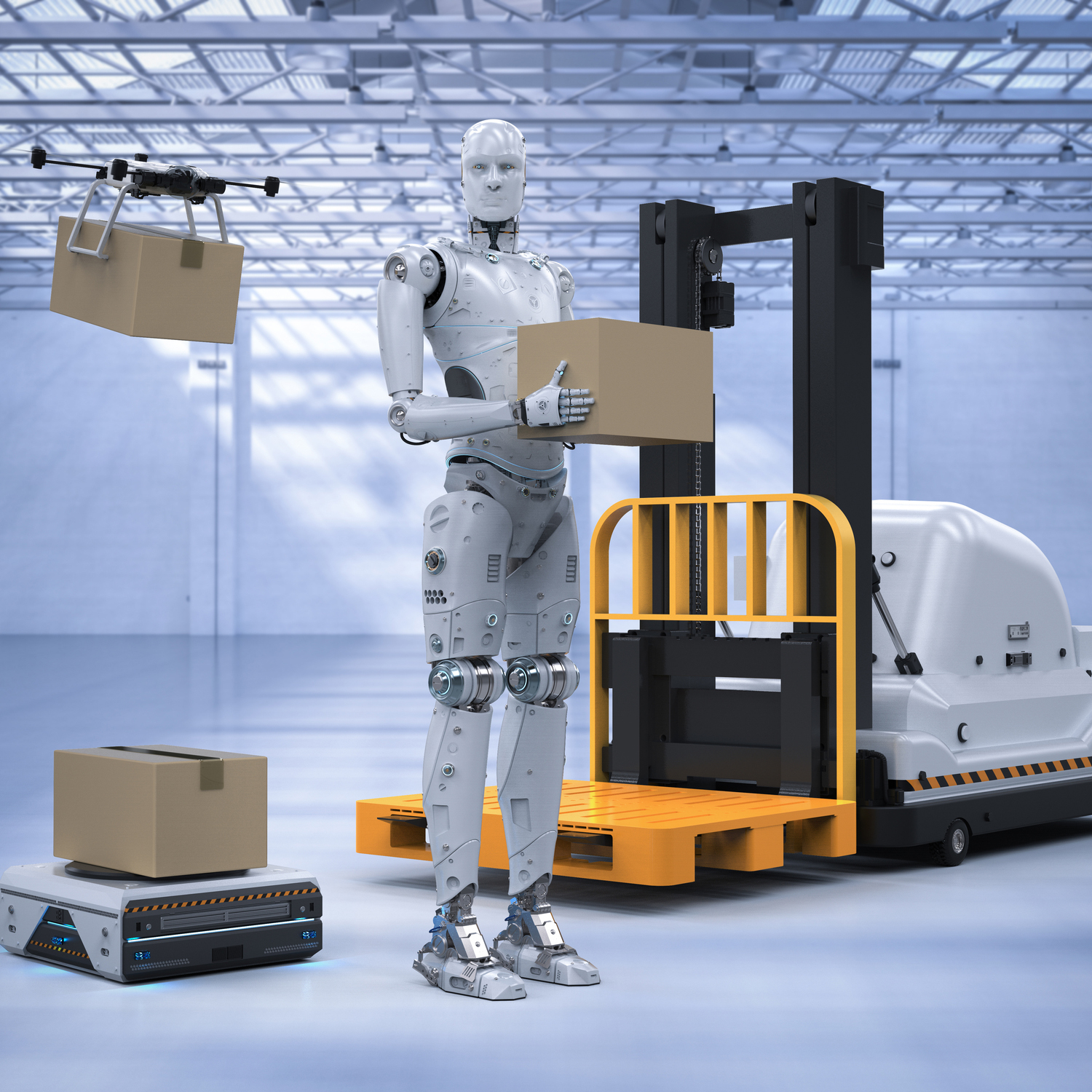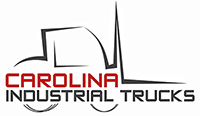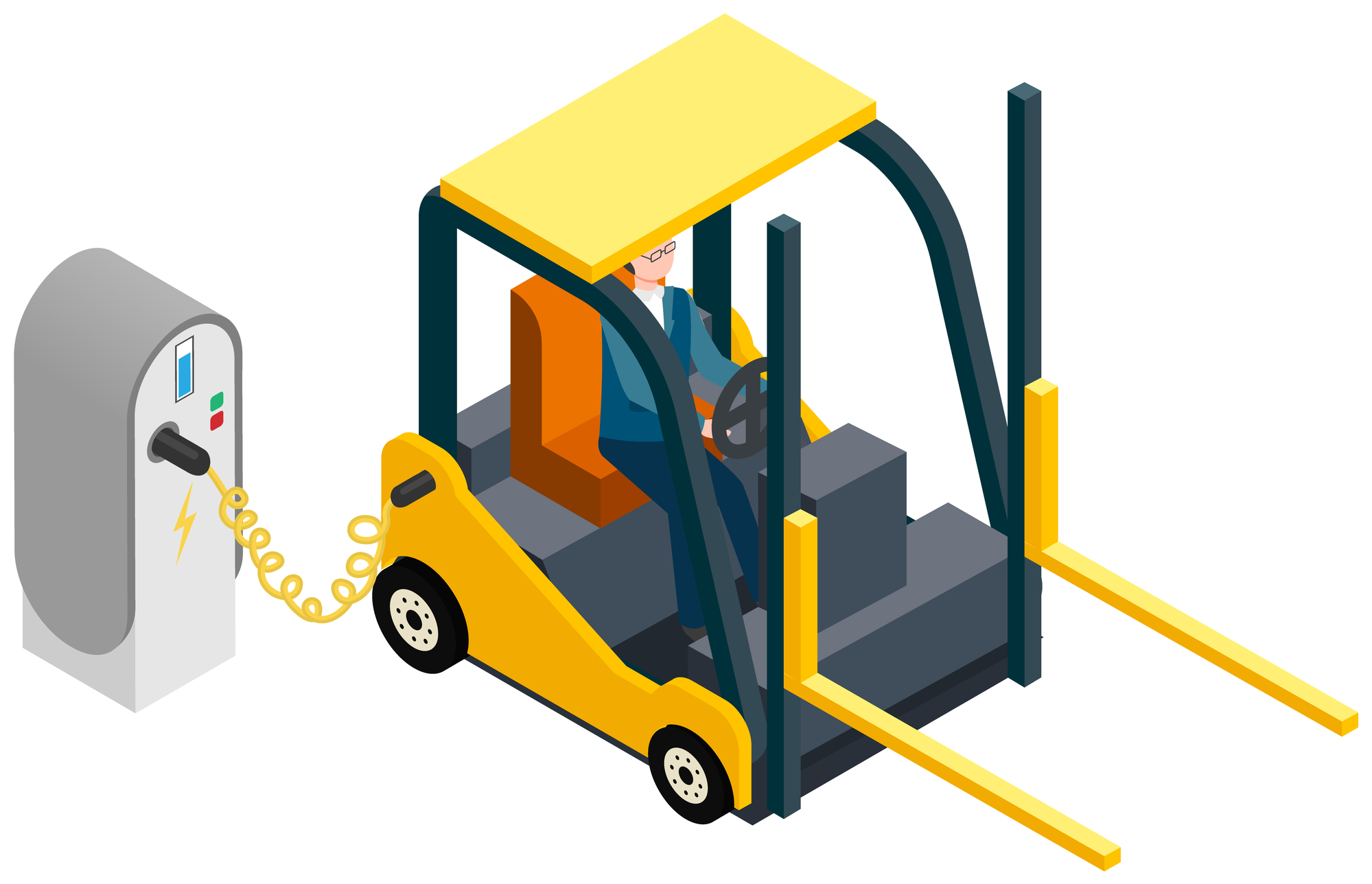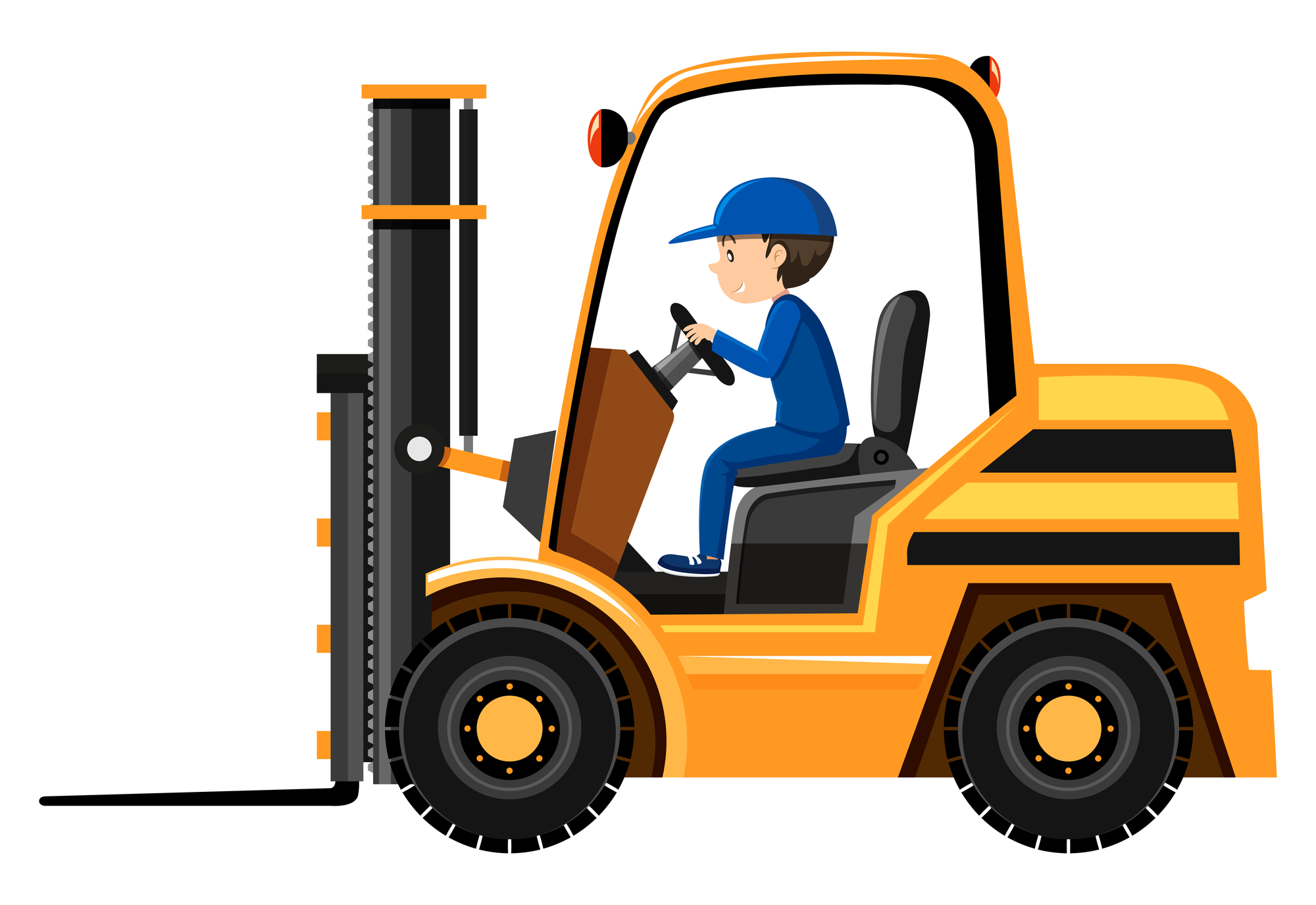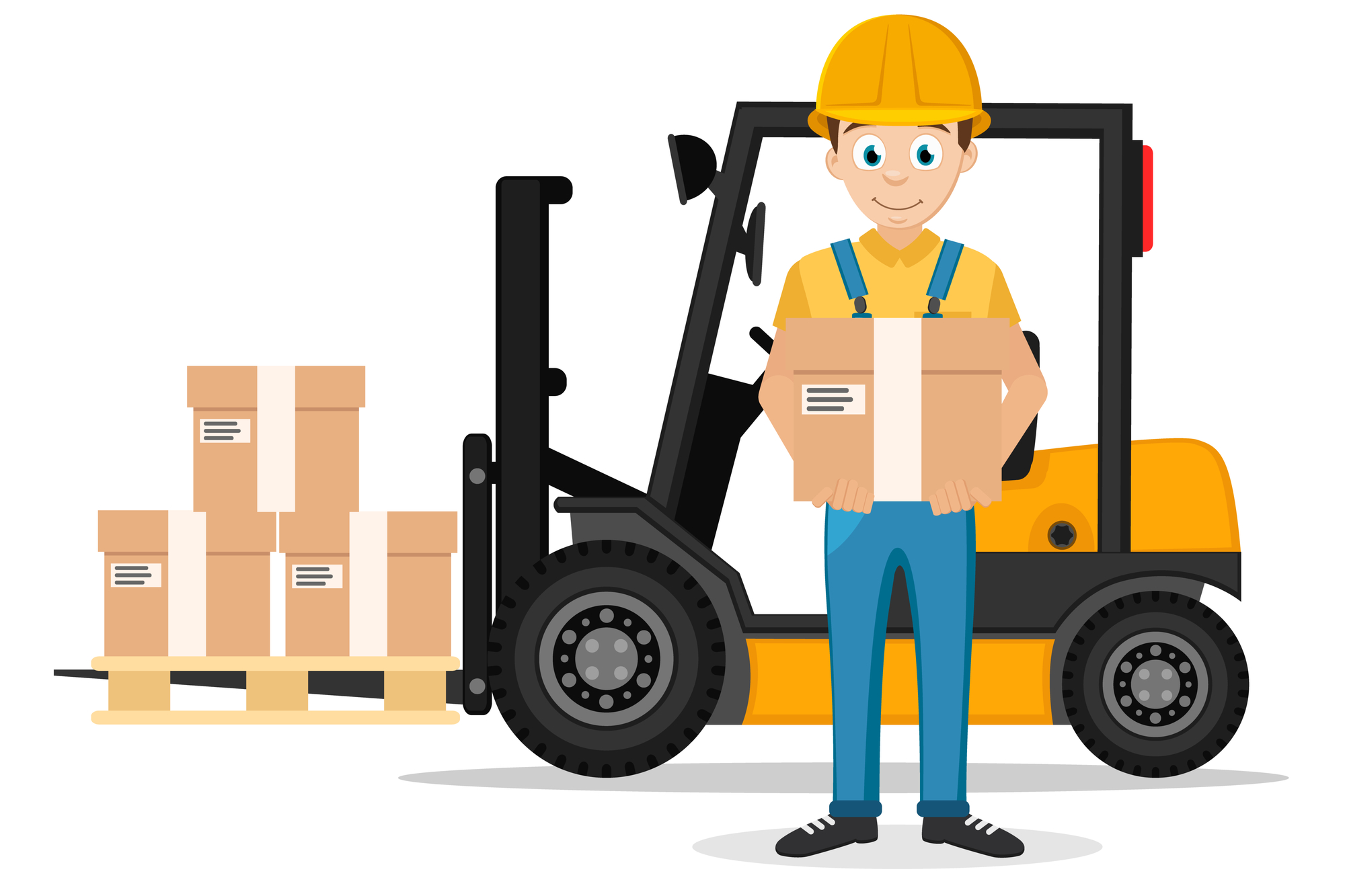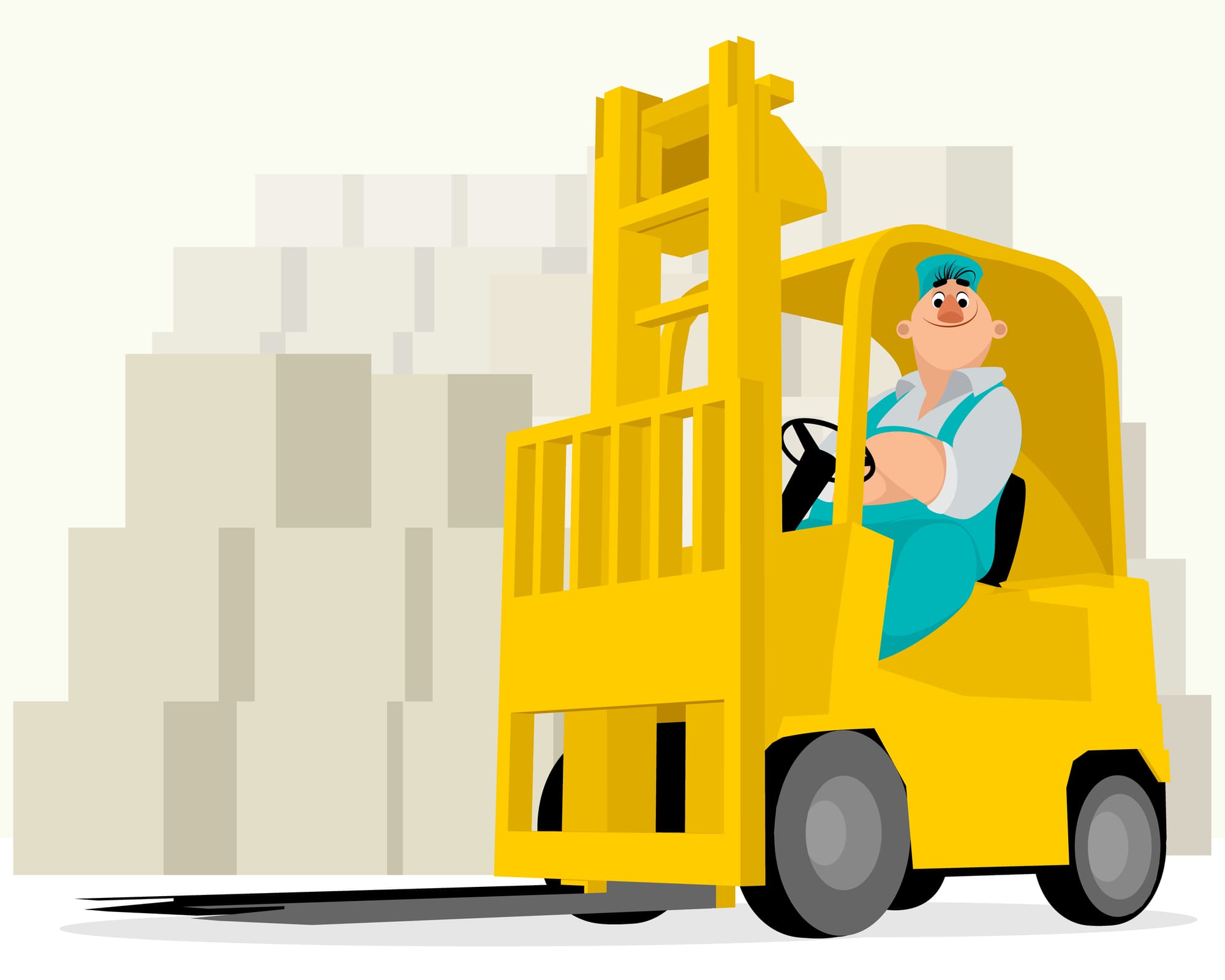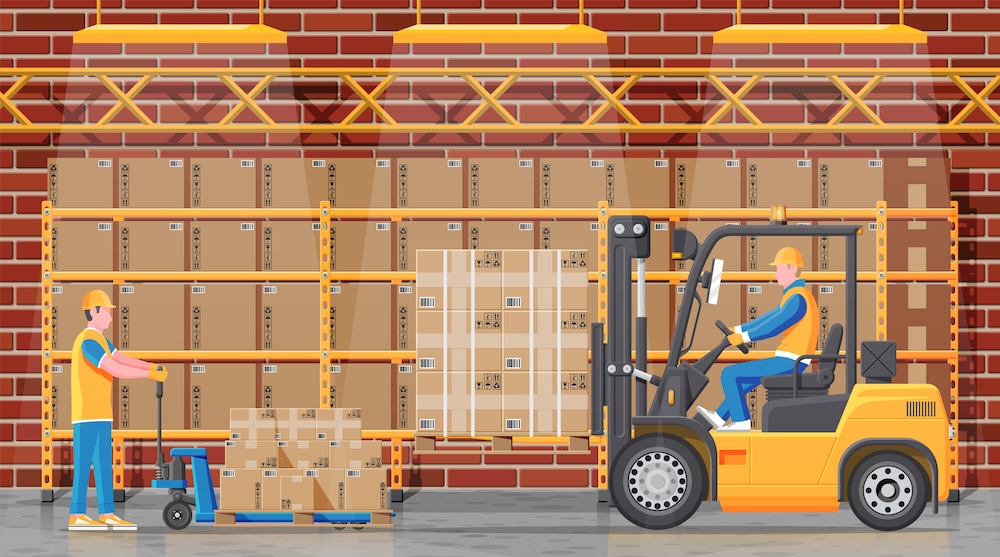Will Self-Driving Forklifts Become the Norm? What You Should Know About the Autonomous Forklift
03/03/2020
CITrucks
Self-driving forklifts have been on the market since 2003. More than 15 years later autonomous forklifts are finally taking over the warehousing industry.
Major companies such as Toyota, Crown, Jungheinrich, Kion, Hyster, Raymond, and Yale are building autonomous forklifts. Investing in autonomous forklifts now makes a lot of sense for many warehousing businesses. Artificial intelligence and guidance technology have caught up with needs and wants. We're living in the future.
Installing forklifts can reduce labor costs by 50 percent in the first year and 85 percent in the second year. Such incredible numbers are just one reason why self-driving forklifts are becoming the norm in warehouses across the US.
At Carolina Industrial Trucks, we spend a lot of time thinking about forklifts! We're sharing some of that thinking with you here. Take a look at what we think you should know about autonomous forklifts.
The Future is Now
New forklifts can work without a human operator. Artificial intelligence and guidance technologies are improving rapidly. Automated forklifts can already do a lot of tasks in a warehouse that even a few years ago were hard to see happening so soon.
What we're talking about here are forklifts that work on their own without the need for a human operator to guide them or work with them. Yes, that's really where we are. It may seem like a science fiction movie, but the future is now!
What Can Autonomous Forklifts Do?
New-generation forklift trucks can maneuver around warehouses, pick up and distribute heavy loads, and work without taking long breaks.
There are some significant improvements in automated forklifts over automated guided vehicles. Guidance systems have advanced to the point where it's no longer necessary to have magnets, tape, or other guides on the warehouse floor. The new lifts can pick up and move loads without manual loading. Improved batteries and efficiency mean automated forklifts run for longer than their predecessors.
Cameras and image-recognition software ensure smooth progress for forklifts through the warehouse to pick up and dropoff destinations. There's no need for costly changes or additions to warehouse layout or flooring.
Autonomous forklifts can also help with employee scarcity. Unemployment in the US remains at some of its lowest all-time levels. These forklifts can take on repetitive tasks freeing up staff for other human-required tasks.
These forklifts don't need to take breaks from working, either. As a result, productivity will increase on the warehouse floor.
Autonomous forklifts can already handle many of the tasks we associate with human operators or with AGVs in tandem with human operators.
What Will Autonomous Forklifts Be Able to Do in the Future?
By 2025, it's estimated that 4 million robots will roam American warehouses. With that number of warehouses using AI, machines will take on many more warehouse tasks. These tasks will include moving heavy loads from one area of the warehouse to another.
Moving heavy loads is already done by automated guided vehicles, but autonomous forklifts will perform the task more efficiently. As these numbers increase, the tasks will be completed more quickly. One of the big changes coming in the future is not which different tasks these forklifts will complete, but rather how big a percentage they will handle.
Artificial intelligence will continue to improve. This improvement will provide for better safety protocols to be added to autonomous forklifts. With those improvements, incidents of human-machine accidents in warehouses will decrease. In fact, some manufacturers of these forklifts believe that autonomous forklifts will reduce accidents to practically zero.
What Concerns Are There About Autonomous Forklifts?
Additional costs feature as one of the most pressing concerns about the widespread use of autonomous forklifts.
Staff will have to be retrained either in new areas or in how to work with the forklifts. Initial costs for the forklifts will be higher than standard forklifts.
Technology isn't always failsafe. Traditional forklifts are fairly simple to maintain, but, higher-tech models of the future will need more specialized (and costly) maintenance and repair. This will especially apply to artificial intelligence software.
There are still enough concerns about AI, guidance systems, and safety that it will take a few years yet for autonomous forklifts to become the norm.
Will Autonomous Forklifts Take Over?
Yes. It's that simple. A fleet of autonomous forklifts is expensive initially, but thereafter costs reduce significantly. Adding extra forklifts as seasonal needs require or business grows is also easier than adding and reducing staff. Rental companies will start offering autonomous forklifts. These trucks will be easy to add to existing systems in warehouses through software updates.
The savings in time and money will drive warehouses to invest in this technology. That equation will be the largest driving factor.
But "taking over" is a dangerous term to throw around. No warehouse is going to be without human workers anytime in the near future. Businesses will still need staff, but they'll need them to have different skillsets.
We're confident in our assessment that autonomous forklifts are here to stay. How much you integrate them into your business and how quickly will be a matter of cost and productivity. It will also depend on the specific skills you already have in your staff or those you might need to develop.
Self-Driving Forklifts Can Make Your Warehouse Work Better
With big companies involved in the development of autonomous forklifts and AI these trucks are going to keep improving. We're already at a point where companies like Amazon have already switched to using as many in autonomous forklifts as they can. The rest of will follow along as soon as we can.
In the meantime, if you need to rent or buy traditional forklifts, we've got you covered. We have a ton of experience and knowledge. We're here to help you work out what you need while you think about adding autonomous forklifts to your fleet.
If you're in North Carolina or South Carolina, contact us today to find out more about our forklift rentals.
